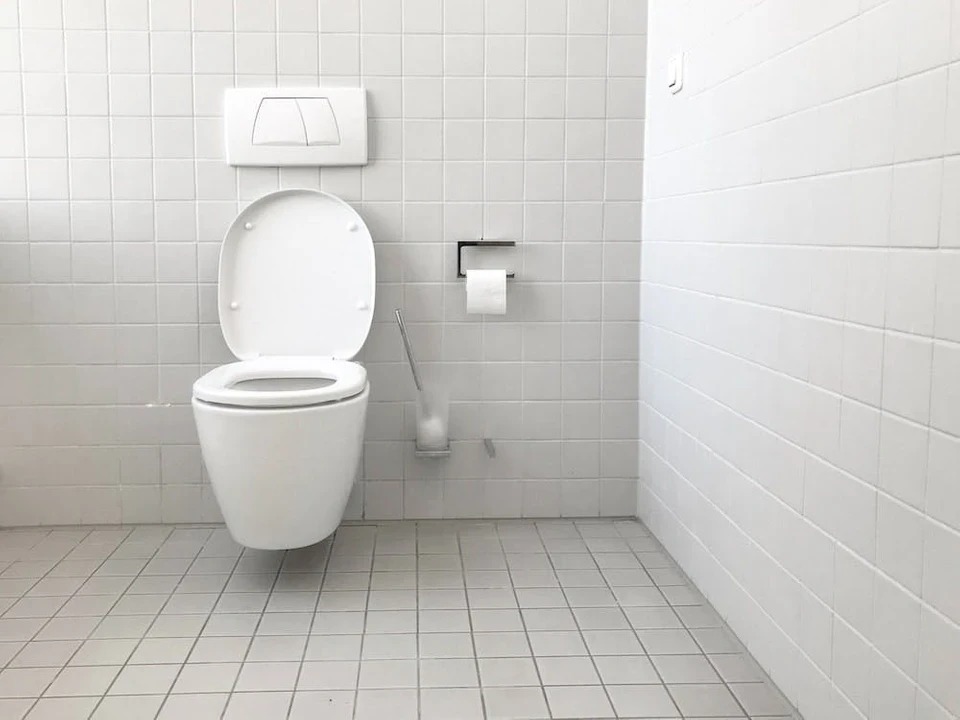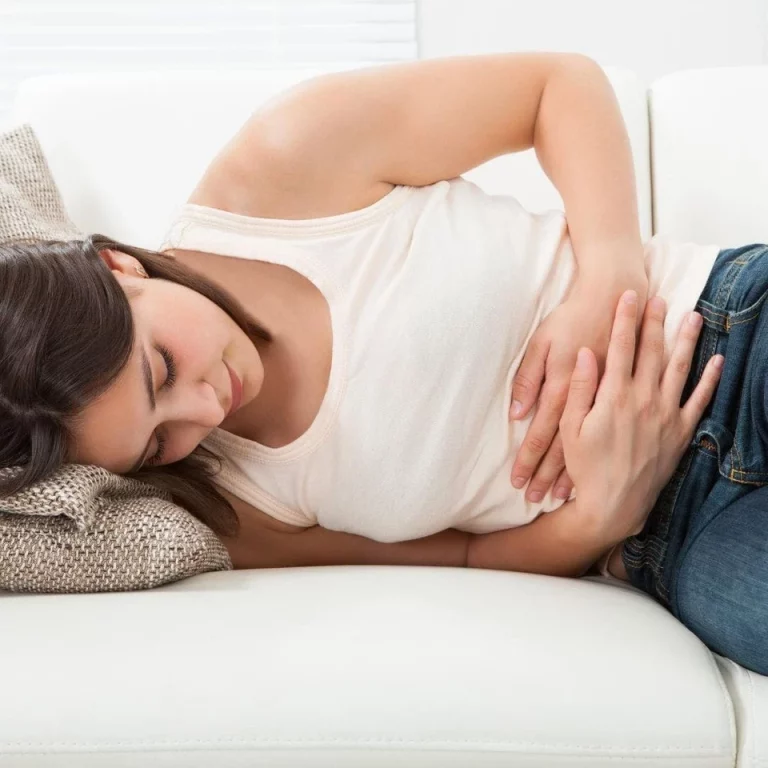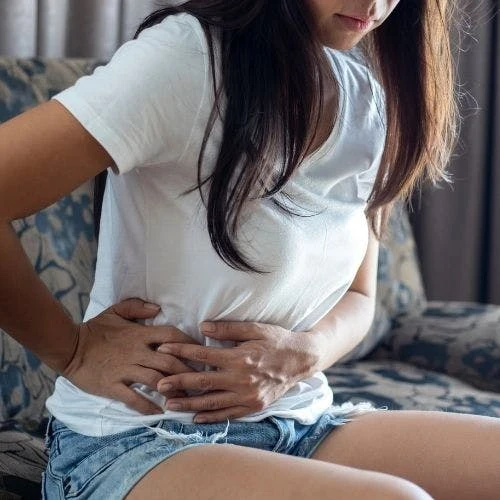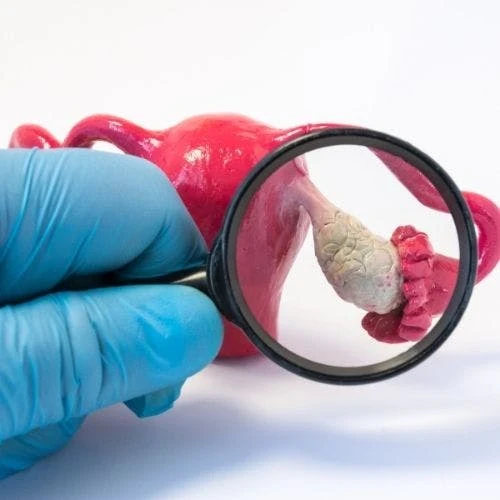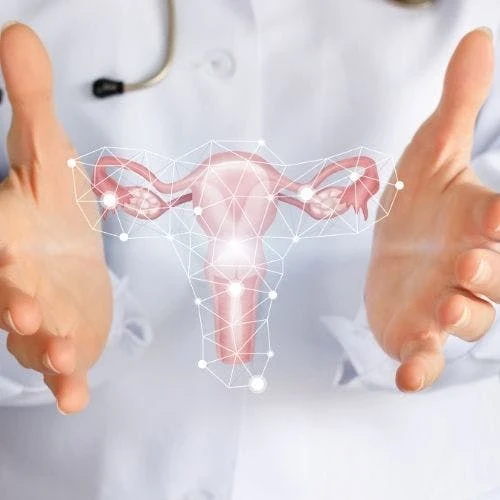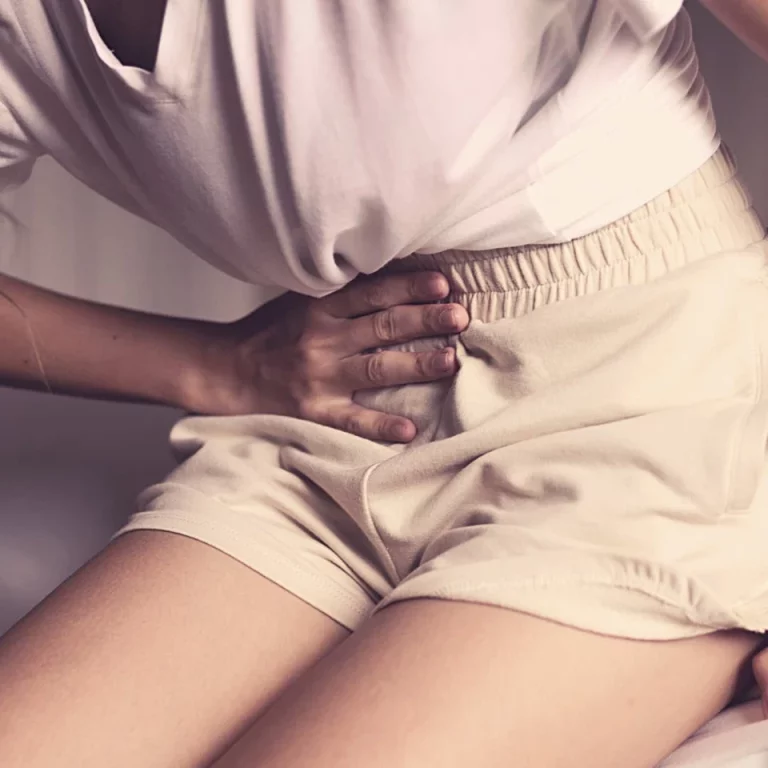Can You Catch HPV From A Toilet Seat?
HPV is referred to as the human papillomavirus; it is a widespread and common virus. It is easily spread, but the question is, can you get HPV from a toilet seat?
There are about 200 types of HPV that affect different parts of the body. Some low-risk types can cause only genital warts. And the high-risk types can cause oral, anal, cervical cancer.
What are Genital Warts?
Genital warts are the skin growths in the groin, genital, or anal areas. They can vary from different sizes and shapes. There is no known treatment for HPV, but a vaccine can protect against some of the strains of viruses of HPV.
In women, genital warts most often appear on the vulva, around the vagina, on the groin, and the cervix. For males, it can occur on the testicles, anus, penis, tongue, and top of the mouth and around thighs and groin.
These warts do not hurt, but they can increase your risk of cancer on the skin surrounding areas of infection. To reiterate, HPV is not cancer, but it can cause types of cancer and pre-cancers, which is one of the reasons the vaccine against HPV was created.
Can You Get HPV from a Toilet Seat?
The risk of becoming infected with HPV by sitting on a public toilet seat seems frightening, and the answer is generally no. It is exceedingly rare to catch HPV from touching surfaces like doorknobs and toilet seats or even towels or clothing.
There have been cases where transmission has happened on wet fabrics such as a wet towel, but again it is extremely rare. Usually it is transmitted by skin-to-skin contact with someone who is infected. HPV can also spread from one area to another on the body, such as from the genitals to the mouth.
HPV is incredibly common, nearly 80 million people at some point get HPV. Many people don’t know they are infected because it can show no symptoms until many years after exposure. HPV should be taken seriously because it can even increase your risk of certain types of cancers.
Here are some actions you can take to lower your risk of HPV:
HPV Vaccine
Related: Herpes VS HPV: Symptoms & Treatment Differences
The HPV vaccine is extremely effective and is recommended to all girls and boys around the age of 9- 12.
Screening
HPV screening can be done with few tools and the naked eye to detect the abnormalities taking place on the person’s skin before it develops into cancer.
Safe Sex Practices
Practicing safe sexual intercourse, using condoms, and limiting your number of sex partners can help you reduce your risk of HPV.
Having a Healthy Lifestyle
Exercising regularly, eating healthy, avoiding smoking, and maintaining good hygiene with regular health care checkups can prevent you from transmitting HPV or developing cancer from HPV.
Maintaining Proper Hygiene Practices
Maintaining proper sanitation and hygiene practices in general is crucial as this can prevent you from getting this virus and save your life. Use your own towels and clothing, particularly if they are wet and have been recently used by someone else. Wash hands regularly, and don’t touch your face or mouth after using the bathroom or have contact with your genital area unless you have washed your hands thoroughly.
Please talk with your health care professional if you have any questions or concerns about HPV.
We discuss products we think are useful to people. If you buy something through our links, we may earn a commission. Remember to check with your personal physician to see if a product recommended is right for you.


